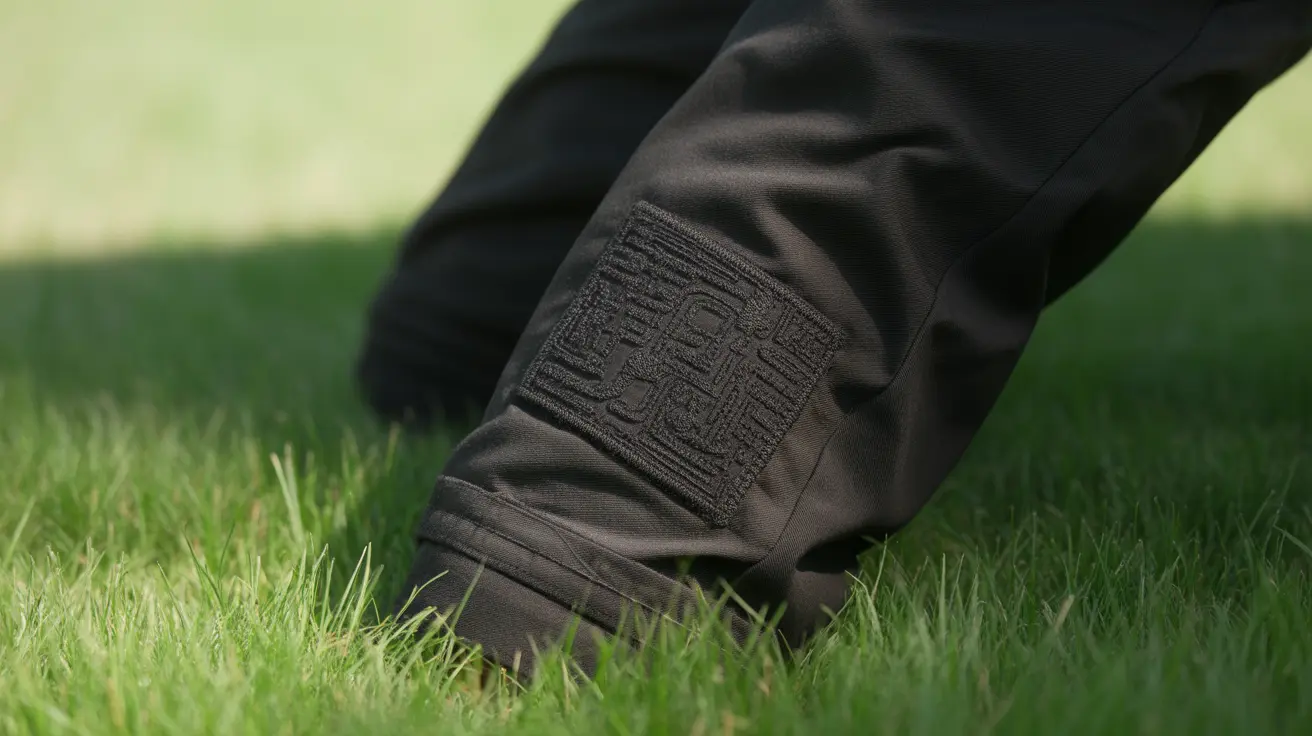Can Dogs Eat Avocado? What Pet Owners Need to Know
Avocados are a popular superfood among humans, praised for their healthy fats, vitamins, and minerals. But when it comes to sharing this creamy fruit with your dog, caution is necessary. Although avocado flesh contains nutrients beneficial to humans, it can pose risks to dogs if consumed improperly or in large quantities.
What Is Persin and Why Is It a Concern?
The main concern with avocado and dogs is a substance called persin. Persin is a fungicidal toxin found in the leaves, skin, pit, and, in smaller amounts, the flesh of avocados. While persin is largely harmless to humans, it can be toxic to some animals—including dogs, birds, rabbits, and horses—in high concentrations.
For dogs, the amount of persin in the avocado flesh is relatively low, and many dogs can tolerate small amounts without adverse effects. However, ingestion of larger quantities or other parts of the avocado plant may lead to health issues.
Potential Risks of Avocado for Dogs
- Gastrointestinal upset: Eating too much avocado flesh may cause vomiting, diarrhea, or stomach discomfort in some dogs.
- Pancreatitis: The high fat content, even if considered 'healthy fats', can contribute to pancreatitis in dogs, especially those with underlying conditions.
- Choking hazard: The avocado pit poses a serious choking or intestinal obstruction risk if swallowed.
- Persin toxicity: While uncommon from flesh consumption alone, persin toxicity is more likely if dogs eat the leaves, bark, pit, or skin of the avocado.
Signs of Avocado Toxicity in Dogs
If your dog consumes a significant amount of avocado or parts containing higher persin levels, monitor for symptoms such as:
- Vomiting
- Diarrhea
- Abdominal pain
- Difficulty breathing
- Lethargy
If you see any of these signs, contact your veterinarian immediately.
Is Any Part of the Avocado Safe for Dogs?
The flesh of the avocado—the green interior portion—is considered safer than the peel, pit, or leaves. In small quantities and when served plainly, it may offer some nutritional benefits:
- Healthy monounsaturated fats for skin and coat
- Vitamins A, B6, C, and E
- Potassium and fiber
Nevertheless, these benefits must be balanced against the risks, particularly the fat content, which may not suit dogs on restricted-fat diets.
How to Safely Feed Avocado to Dogs
- Use only the flesh: Avoid the skin, pit, and leaves completely.
- Portion properly: Offer a few small pieces at most for medium to large dogs, and even less for smaller breeds or puppies.
- Serve plain: No added salt, seasoning, oil, garlic, or onion.
- Consult your veterinarian: Especially if your dog has a history of pancreatitis, obesity, or gastrointestinal problems.
Can Puppies Eat Avocado?
Puppies have more sensitive digestive systems, so it’s best to avoid offering avocado altogether. They may be more prone to gastrointestinal upsets and have a harder time digesting rich foods like avocado.
Alternative Dog-Friendly Foods
If you’re looking for safe and nutritious treats to share with your dog, consider these vegetables and fruits instead:
- Bell peppers: Rich in vitamins and safe when seeds and stems are removed.
- Carrots: Great for dental health and low in calories.
- Sweet potatoes: Excellent source of fiber and vitamins, but serve cooked and plain.
- Blueberries: Rich in antioxidants and safe in moderation.
Summary
While small amounts of avocado flesh are not likely to harm most dogs, it’s not a necessary addition to their diet and comes with potential risks. It's best to err on the side of caution and offer safer alternatives. Always remove the skin and pit, and never allow your dog access to the plant itself. When in doubt, consult a veterinarian before sharing human foods with your pet.





